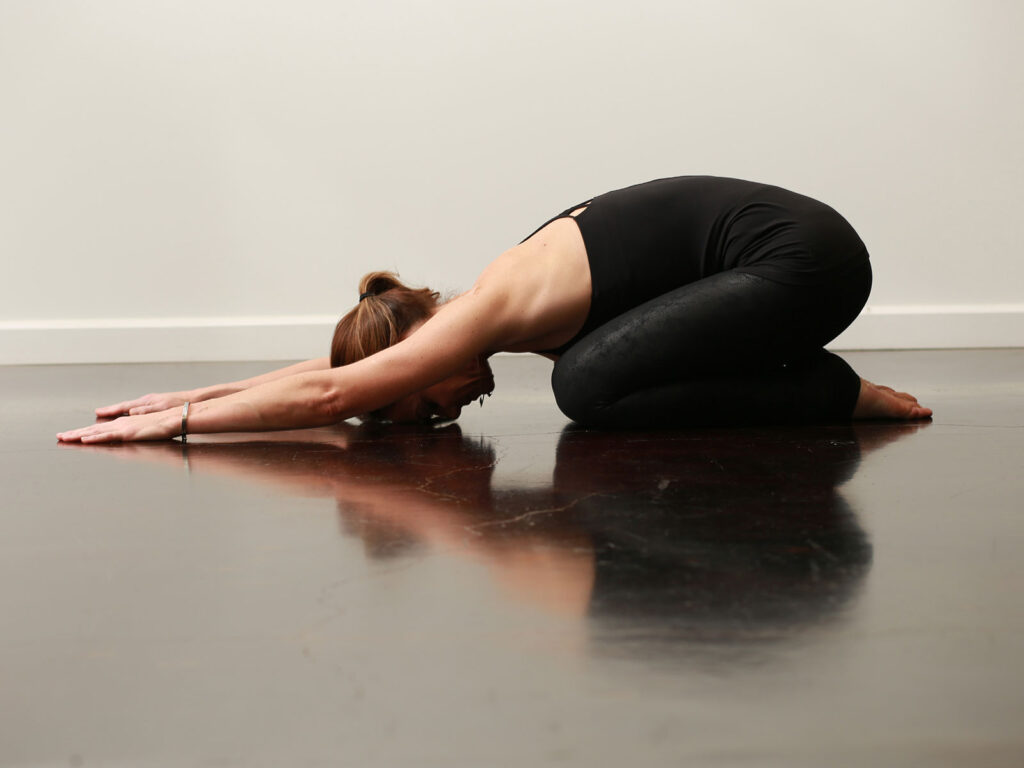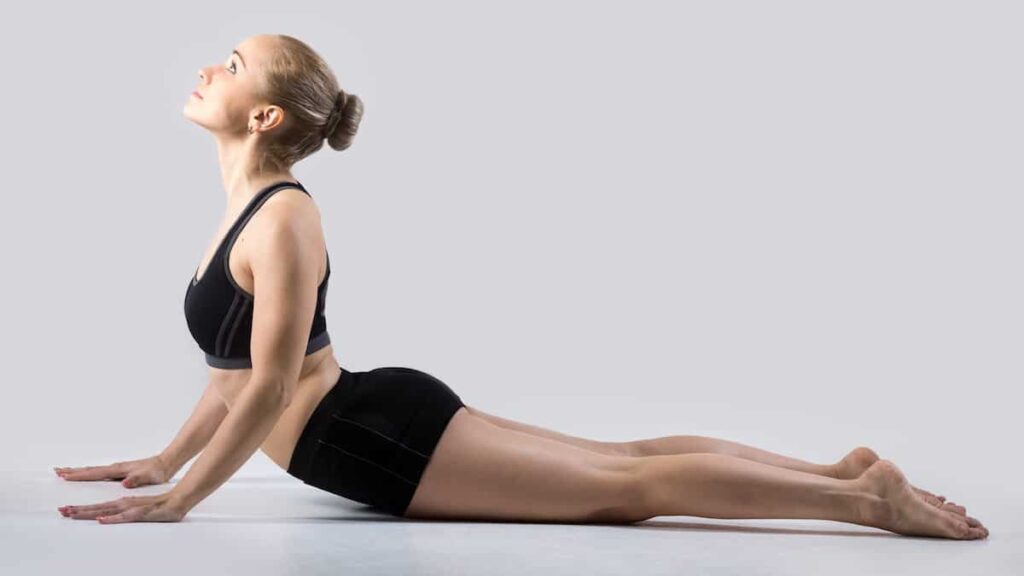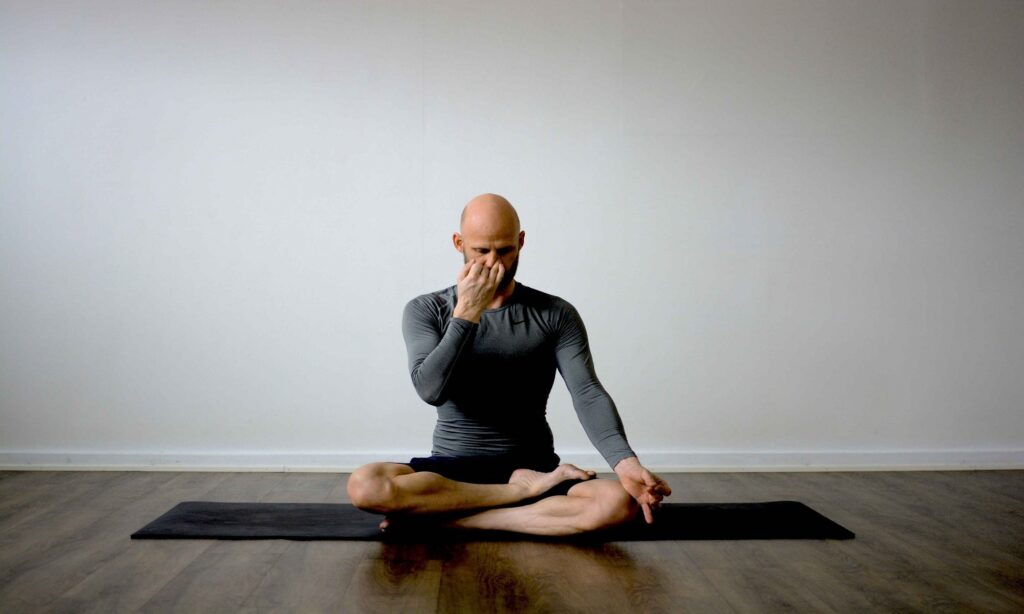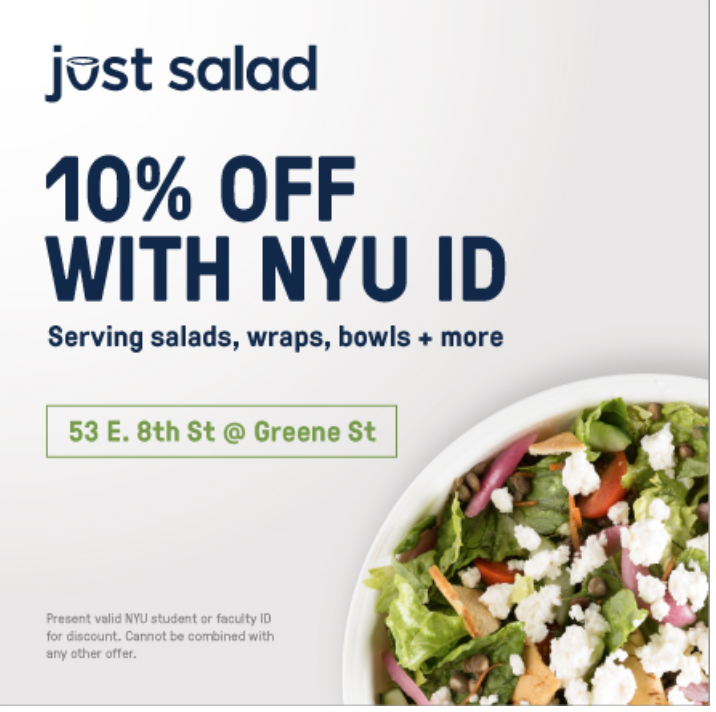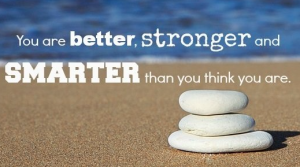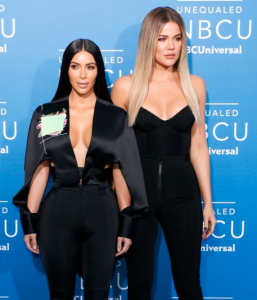As you scroll through social media apps and the Internet, you may come across a wide range of activities and ideas that can spark your interest. Whether or not it’s your intention, you may pick up a new passion.
You may have heard of this app called Pinterest.
Pinterest is a great place to start if you like visuals and looking to discover new information. From exploring recipes to saving money through its product catalogs, this app can easily put you on the right path to find a new passion, or discovering a place to visit and save money. While you’re at it, check out Campus Clipper on Pinterest!
Take, for example, my new passion for the art of crochet. According to Britannica, crochet is a “craft that developed in the 19th century out of a form of chain-stitch embroidery done with a hook instead of a needle.”
My new hobby all started on TikTok. My sister was the one who influenced me into exploring and learning more about crochet. She was scrolling through the app and found some users that were creating a wide variety of crafts such as plushies, clothing items, and accessories. After seeing numerous posts on crocheting, I soon began my quest on finding inspiration for my first project.
In particular, @henripurnell on TikTok created a cardigan inspired by one worn by Harry Styles. He even made a YouTube video for a more in-depth tutorial that, of course, I had to watch. The cardigan is made up of a number of patches, as seen in this image that Henri includes in his tutorial video.
With its presumed simplicity, I attempted to follow Henri’s tutorial and create my own chunky cardigan.
The learning process certainly consisted of numerous trial-and-error attempts, as I was a mere beginner at the time. While the tutorial contained various stitch patterns, I decided to simply practice one stitch. Despite being bigger than I was intending it to be, it was worth all the hard work in the end.
Along with a cardigan, I even made a headscarf inspired by a YouTube tutorial video from Brunaticality. It’s a perfect accessory to tie an outfit together.
Now, I know that crocheting isn’t for everyone. The key takeaway is that you can, too, find your passion or add a new one to your list. Inspiration is everywhere. From social media posts to advertisements, be open-minded on topics that may spark even the slightest bit of your interest. Who knows, maybe your new passion will lead to a possible career path!
But here are some ideas to get you started:
- Sports
- Fitness
- Arts & Crafts
- Music
- Video games
- Travel
- Photography
- Culinary (check out quick recipes in chapter 2 of Plugging in with Good Intentions)
Don’t fret over not finding something you love right away. Your new passions don’t have to be your career nor be about earning profits from it. Just remember to maintain good intentions when logging onto the Internet and be open-minded to new things.
If you’re thinking of getting into sports and fitness, check out a Reebok Fithub store for 10% off gear and classes!
By: Sydney Ly
Sydney Ly studies Communication with dual minors in Sociology and Anthropology at the University of Massachusetts Boston. She is currently working in retail and has experience as a tutor. Her passions include but are not limited to reading, listening to music, and watching The Office.
For over 20 years, the Campus Clipper has been offering awesome student discounts in NYC, from the East Side to Greenwich Village. Along with inspiration, the company offers students a special coupon booklet and the Official Student Guide, which encourages them to discover new places in the city and save money on food, clothing, and services.
At the Campus Clipper, not only do we help our interns learn new skills, make money, and create wonderful e-books, we give them a platform to teach others. Check our website for more student savings and watch our YouTube video showing off some of New York City’s finest students during the Welcome Week of 2015.


